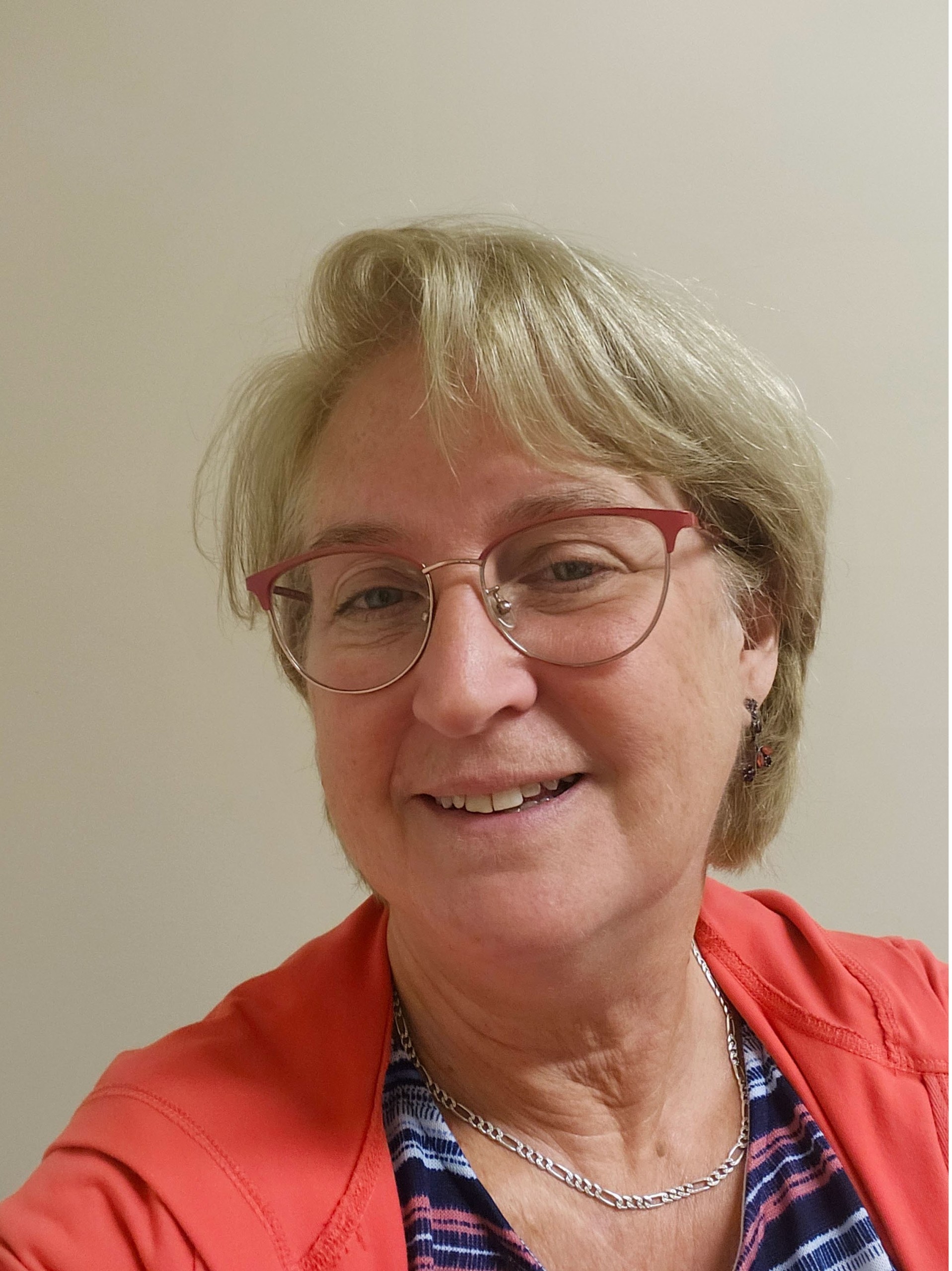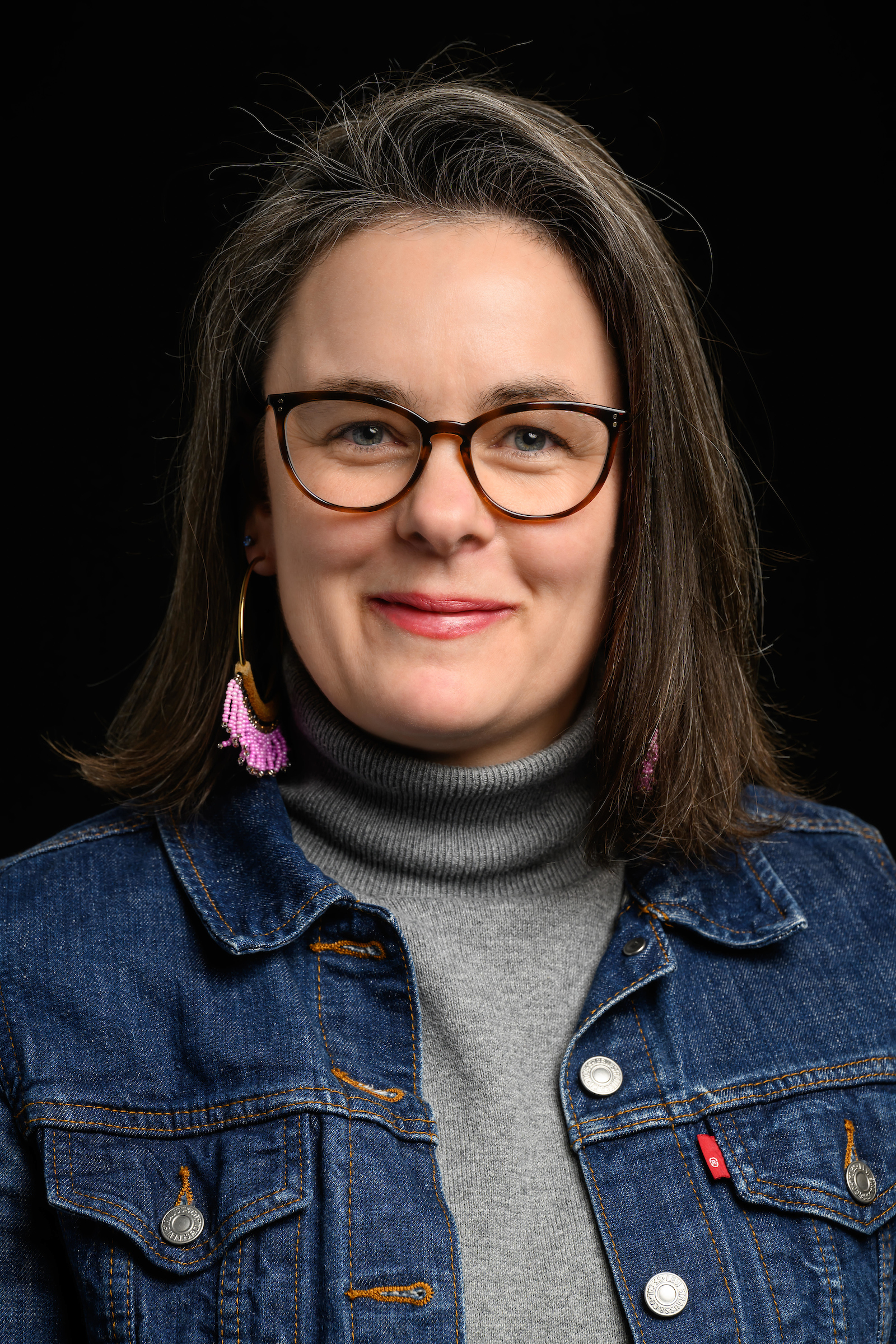CWN and the National Collaborating Centre for Infectious Diseases (NCCID) have assembled a distinguished group of experts to provide guidance and insights that inform our Wastewater-based Surveillance (WBS) Program.
The expert advisory group comprises leading researchers, innovators and practitioners in the field of wastewater-based surveillance. By sharing their knowledge of cutting-edge research, emerging innovations and best practices, this group helps to ensure that our work remains at the forefront of this rapidly evolving area.

Dr. Kim Gilbride
Toronto Metropolitan University
Dr. Gilbride is a professor emeritus in the Department of Chemistry and Biology at Toronto Metropolitan University. She is considered a molecular microbiologist. Her research focuses on the structure, composition and function of the microbial community in complex natural and engineered environmental aquatic sources. More specifically, Dr. Gilbride has studied the nitrification process in microbial communities in municipal wastewater treatment processes and the dissemination of antibiotic genes among the bacteria population during secondary treatment. Her recent projects include the development of a wastewater surveillance tool for the detection of viral pathogens from wastewater samples, and understanding how sub-inhibitory concentrations of heavy metals act as selective pressure in wastewater for the dissemination of antibiotic resistance genes among the bacterial community.

Dr. Lawrence Goodridge
Professor at the University of Guelph
Dr. Lawrence Goodridge is a full professor and Canada Research Chair in foodborne pathogen dynamics in the Department of Food Science at the University of Guelph in Ontario, Canada. He is also the director of Guelph’s Canadian Research Institute for Food Safety. Dr. Goodridge applies genomics to study foodborne bacterial pathogens and antibiotic resistance within a One Health context. With a keen focus on wastewater-based epidemiology, Dr. Goodridge utilizes innovative methods to analyze microbial communities within wastewater systems. His research aims to track and manage infectious diseases, offering critical insights that can inform public health strategies. By examining the genetic and functional diversity of pathogens in wastewater, he contributes significantly to the development of early warning systems for emerging infectious diseases. Dr. Goodridge’s interdisciplinary approach combines elements of microbiology, public health, and environmental science, making his work relevant to both academic and practical applications.

Kari Johnston
Board Member, One Yukon
Kari Johnston is deeply committed to social impact, community resilience and entrepreneurial innovation, particularly in the Yukon. A graduate of the University of Waterloo, Kari has had an expansive career, leading her to found Rafter 14 Strategies, a consultancy focused on designing and implementing social impact programs. Kari has also played a critical role in managing the COVID-19 response in the Yukon. Most recently, she has embraced the role of chief executive officer of Sha Shaw Corporation, the Champagne and Aishihik First Nations social impact corporation.

